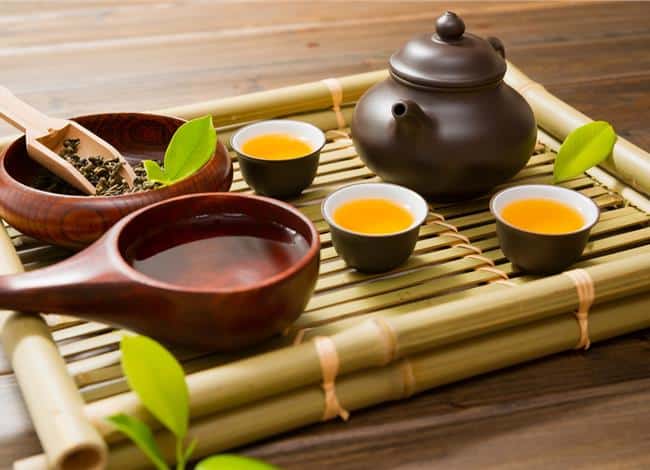
Rooibos tea, or sometimes called red bush tea, is native to South Africa. Natives of South Africa have used rooibos for centuries to cure many different ailments. One of rooibos tea’s supposed health benefits is being an anti-spasmodic and has been used to treat colicky babies over the centuries. Rooibos is fairly new to other parts of the world, but it is gaining popularity because of its taste and health benefits.
Another bonus for rooibos tea compared to green or black tea is it is caffeine free. Those looking for a cup of tea but are sensitive to caffeine can opt for rooibos.
All teas are a rich source of antioxidants, but rooibos tea has a special antioxidant profile that may especially be beneficial for stress response and blood sugar regulation (1).
Also, according to Web MD (2), rooibos may have 50% more antioxidants compared to green tea.
While there are many health benefits for all kinds of tea, adding rooibos tea could be helpful for some looking for a lower caffeine and higher antioxidant profile.
Drinking tea has been shown to be related to having a higher bone mineral density, and green tea and rooibos have been shown to positively stimulate bone building osteoblasts (3).
Antioxidants
According to Fox News (4), Japanese research has found rooibos tea has anti-carcinogenic and anti-inflammatory properties. Antioxidants can help protect cells from damage like free radicals and carcinogens. Rooibos is a good source for the antioxidant quercetin which can play a significant role in heart health and lower inflammation in the body.
Rooibos tea also contains two other antioxidants called aspalathin and nothofagin. These antioxidants may be beneficial for adrenal health and helping to regulate blood sugar levels.
These antioxidants may also protect nerve tissues from damage and may play a role in reducing risk for dementia.
More research is needed for the health effects from the antioxidants in rooibos tea. If you are at risk for type 2 diabetes or on medication for blood sugar, speak with your healthcare team to see if adding rooibos tea would be beneficial for you.
A 2014 study (5) analyzed specifically the antioxidants from rooibos tea on osteosarcoma (bone cancer) cells. Bone cancer is resistant to chemotherapy, so researchers are constantly looking for alternative treatments for this cancer.
Researchers concluded from this study the antioxidants from rooibos tea may help enhance the effect of chemotherapy to fight off osteosarcoma and may help lower side effects of chemotherapy.
From an antioxidant perspective, both green and rooibos tea provide an excellent source. Rooibos tea has a different profile than green tea, and it may have some benefit on specific health outcomes. However, more research is needed with these associations.
Bone health
Researchers have found an association between people with higher tea intake and stronger bone mineral density. So far, research does not suggest one kind of tea has an advantage over another in terms of boosting bone health.
A 2016 study (6) compared the effect of black, green and rooibos tea on osteoblast activity. Osteoblasts are responsible for building bone up in the body and making bones stronger. Researchers found all three types of tea positively affected osteoblasts.
A 2015 study (7) also found both green and rooibos tea impacted osteoblast activity the same.
Therefore, from a bone health perspective, drinking rooibos tea over green tea does not show an advantage. Both can be used as part of a healthy lifestyle to encourage bone health.
Getting adequate bone building nutrients in the diet is also important for high bone mineral density.
Caffeine
A main difference between green and rooibos tea is the caffeine content. According to Mayo Clinic (8), an average cup of green tea provides between 24-45 mg of caffeine.
Drinking up to 400 mg of caffeine total per day is thought to be safe for most adults. However, some people cannot tolerate this amount and do better and much lower caffeine intakes.
If you drink more than 8-10 cups of tea a day, it may help to swap out some caffeinated tea for un-caffeinated tea like rooibos.
Tannins
Rooibos tea has lower levels of tannins compared to green tea. Tannins are natural substances found in plants that give an astringent taste.
Tannins can affect the body positively, for example they may play a role in lowering cholesterol levels in the blood. They may also inhibit certain nutrients from being absorbed.
People who are trying to follow a low tannin diet may find rooibos tea a better alternative compared to green tea because it is lower in tannins.
Conclusion: Tea and health
Many studies have shown a link between chronic tea consumption and positive health benefits associated with lowered risk of some chronic diseases and higher bone mineral density.
Tea is the second most widely consumed beverage worldwide; many cultures that have a high tea intake also follow a healthy lifestyle. Both factors may play a role in lowering your risk for some chronic diseases.
Both green and rooibos tea are high in antioxidants. Rooibos tea has some special antioxidants that have been shown to be helpful with blood sugar regulation and heart health.
Both types of tea have many health benefits associated with antioxidant value.
Green, black and rooibos tea have been shown to help boost osteoblast activity. Tea drinking in general is associated with protecting bones from becoming weak and fragile.
Rooibos tea is caffeine free. If you are looking for a high antioxidant tea that won’t give you a jolt of caffeine, rooibos can be a better option than green tea.
Rooibos tea is also lower in tannins compared with green tea.
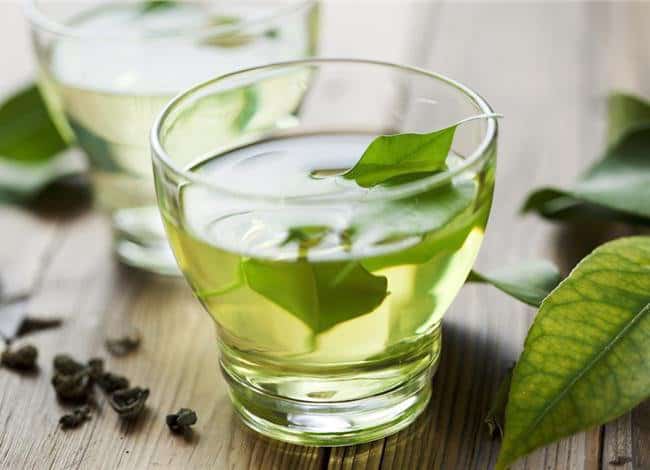


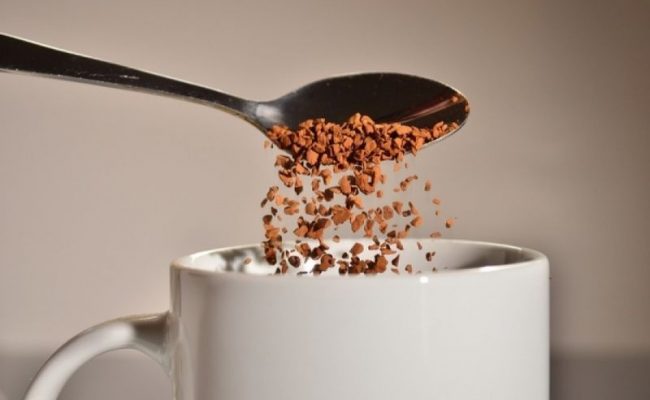
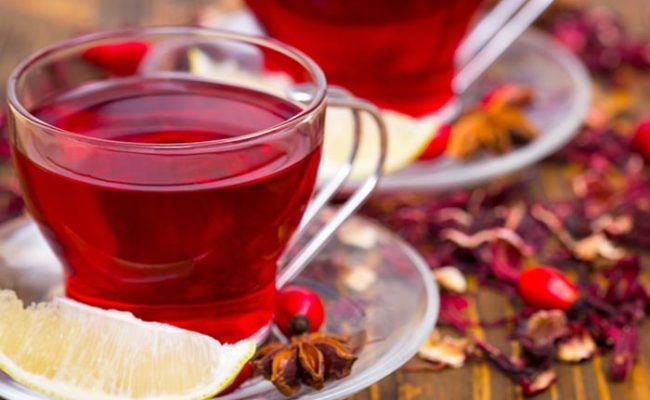



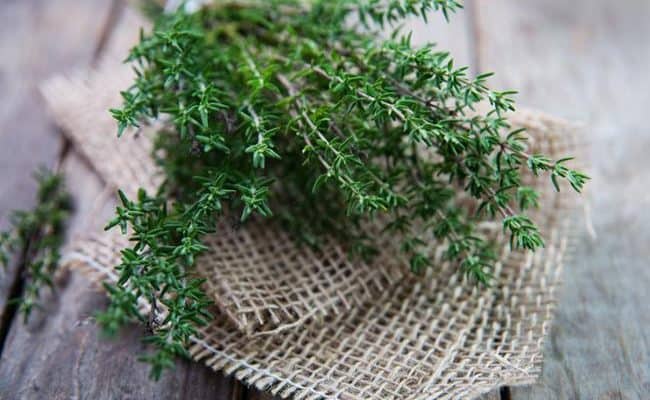



Helder says
I drink Kombucha tea rooibos. it’s delicious.
nanette says
Thanks Holly…
very essential information especially the non-coffeine content of rooibous tea…